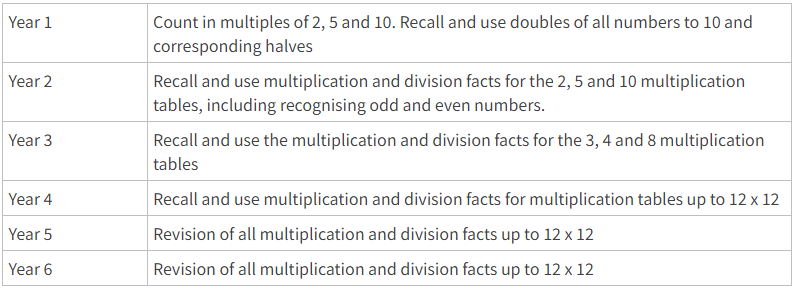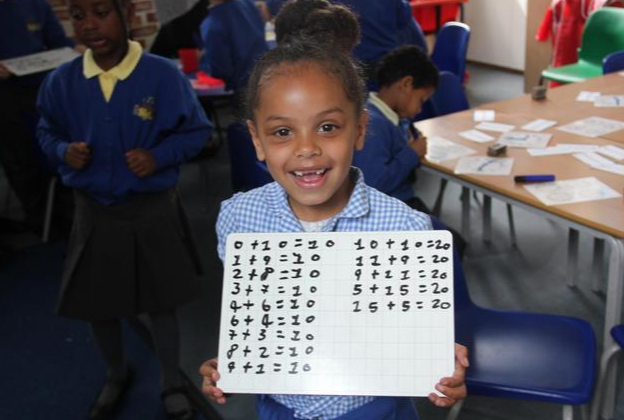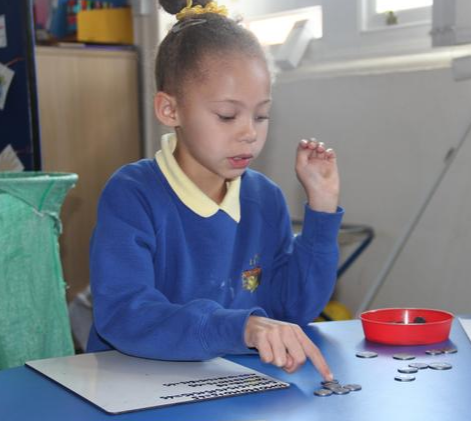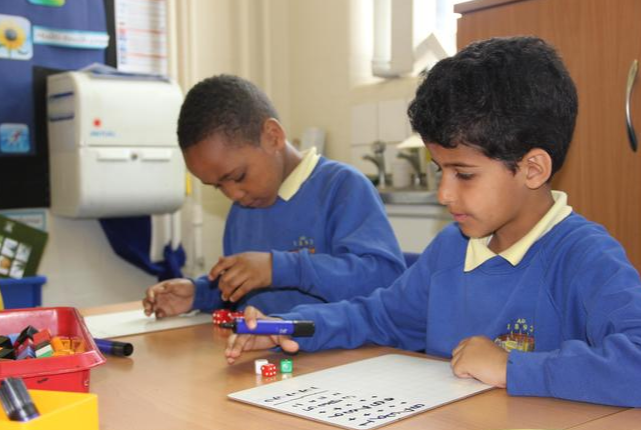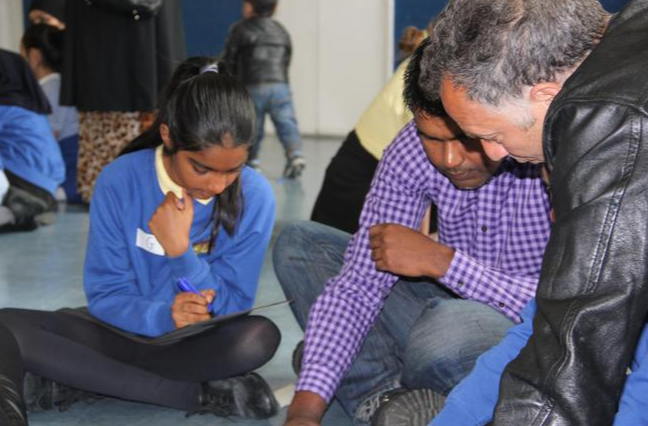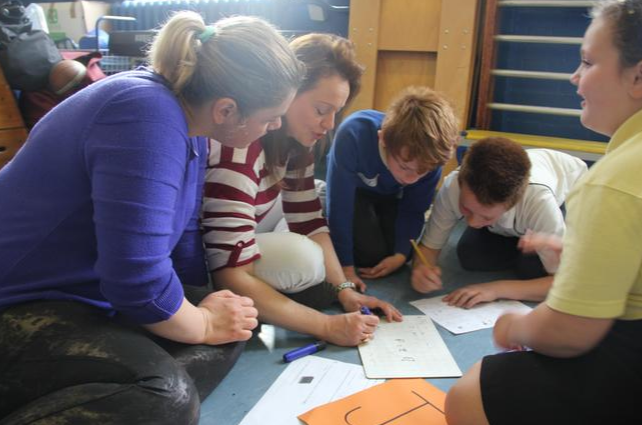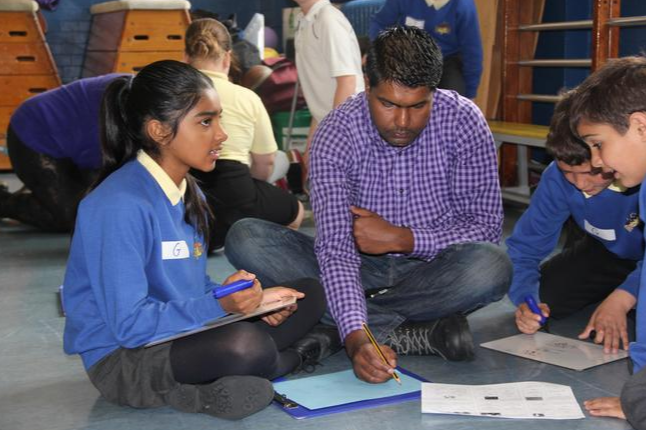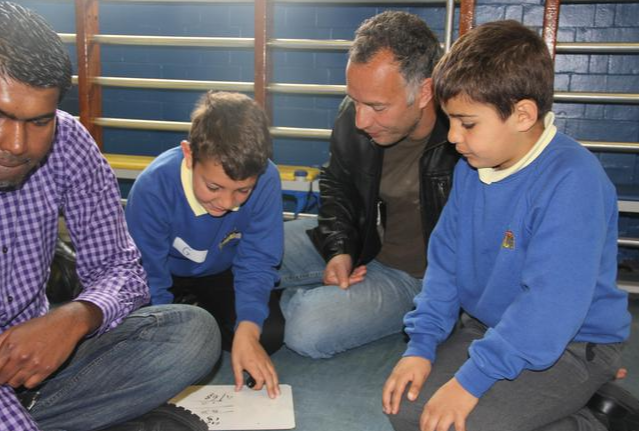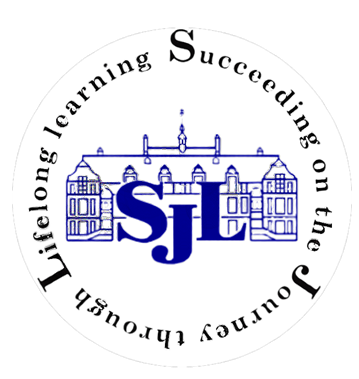Mathematics
At Sir John Lillie Primary School, we recognise the importance of mathematics throughout each child’s every day and future life.
Our aims are to make maths relevant and meaningful for our children, so that they can see why maths skills are important. Through our teaching, we support our children in developing number fluency so that they are able to select the most appropriate method and recall known mathematical facts to help them solve problems. Our maths lessons include activities to promote the use of reasoning skills and to apply mathematical knowledge. We value the importance of talk in maths and children are encouraged to reason and explain their thinking. Our children are exposed to a range of mathematical vocabulary, and are encouraged to use this when explaining or reasoning. Our lessons also include revisiting prior learning and support our children in making links between their existing knowledge and newly learnt knowledge. We want our children to be confident mathematicians who enjoy maths and are resilient learners who persevere and use mistakes as learning tools.
We follow the objectives outlined in the National curriculum and use the White Rose Maths scheme to support our maths curriculum from Reception to Year 6.
Within our maths lessons, children have access to a range of resources/ manipulatives to support the embedding and understanding of new knowledge, before moving onto pictorial representations and abstract problems. We ensure our children have access to a range of different representations to support and deepen their understanding. Mathematics is taught contextually at Sir John Lillie Primary School, so that it is meaningful and relevant to daily life. We ensure time is given for practice and consolidation to build fluency and understanding of mathematical concepts and methods.
Daily Maths Meetings and counting in the EYFS and KS1 support our children in developing their number fluency. Reception and years 1 and 2 follow the NCETM mastering number programme to provide them with a solid foundation in calculation and a good number sense. The aim of the programme is that children will leave KS1 with fluency in calculation and a confidence and flexibility with number. In KS2, daily arithmetic practise (Tough 10) is used to consolidate mental strategies as well as formal written methods. Times Table Olympics challenges are used weekly and all children have a login for Times Tables Rock stars to support their learning of multiplication tables and division facts.
In the table below are the National Curriculum multiplication tables end of year expectations for each year group. Children regularly work on their multiplication tables in school and can also practise them at home to improve their fluency.
